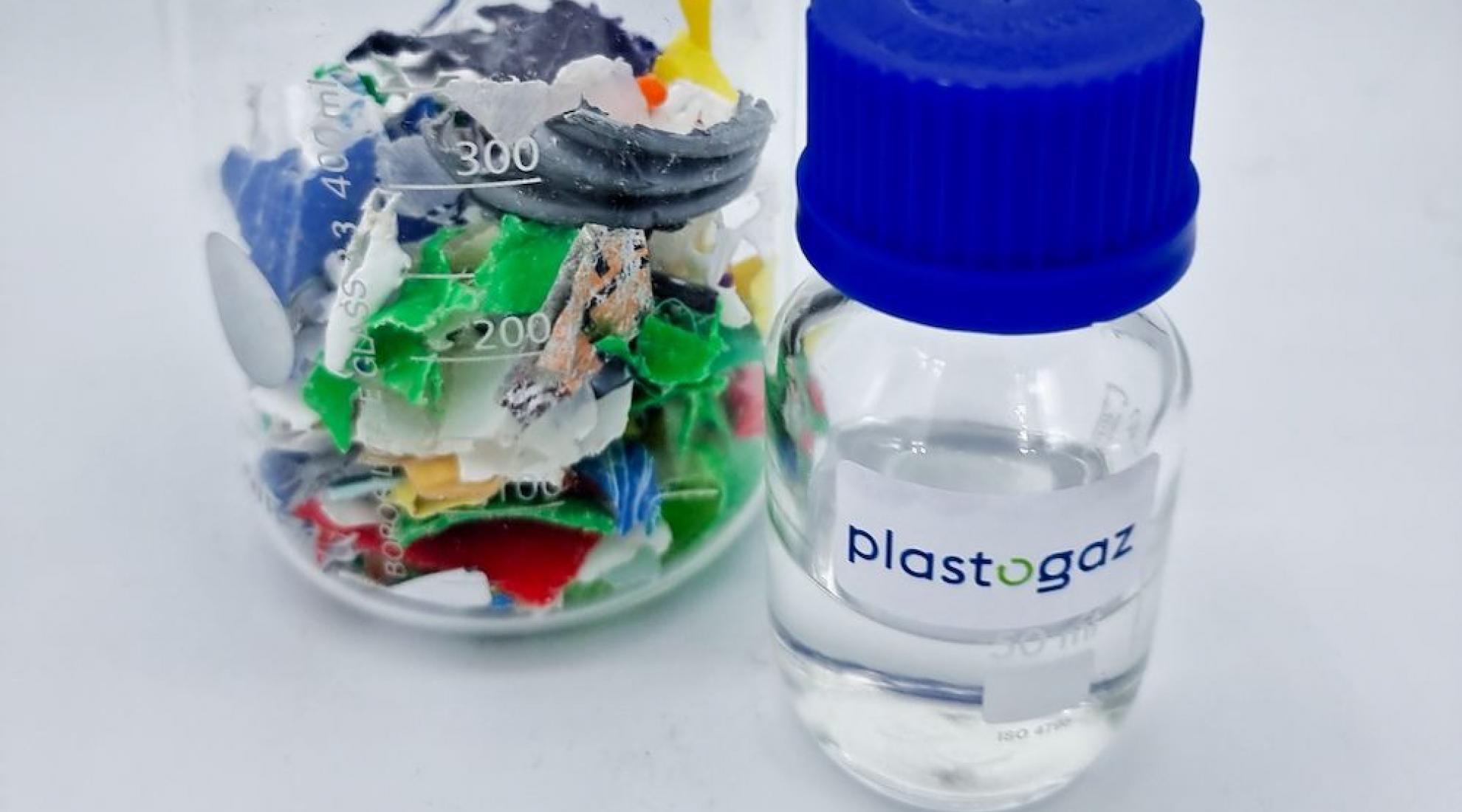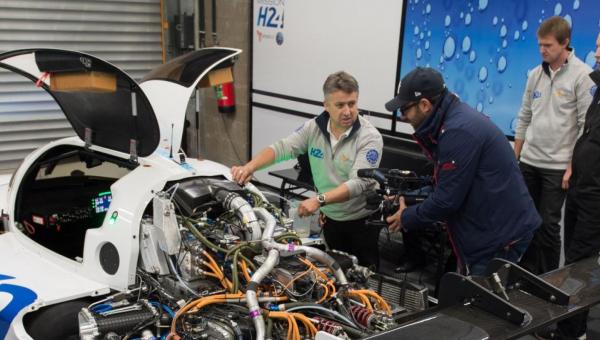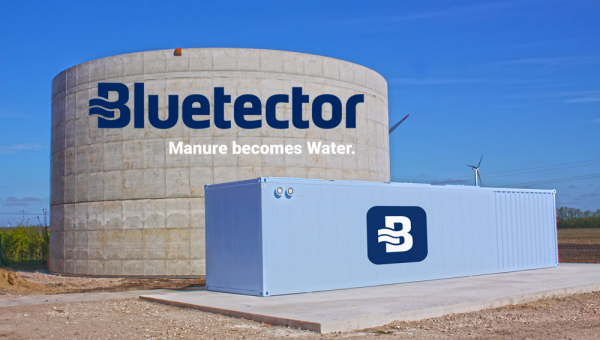Plastogaz transforms plastic waste into value-added products

In a world of disposable everything, recycling has become more important than ever. Despite the growth in the number of recycling approaches in recent years, only 9% of all plastic waste ever produced has been recycled. About 12% has been incinerated, while the rest – 79% – has accumulated in landfills, dumps or the natural environment.
Eager to close the big loop of plastic recycling, a recently founded EPFL spin-off has set out to develop a process that turns plastic waste into value-added products enabled by cutting-edge catalysts. This patented technology by Plastogaz transforms waste into green naphtha, a liquid mixture used in the production of olefins – a plastic material that accounts for half of the polymer market. With this method the Plastogaz team achieves 90% regeneration of the original plastic components and reduces energy consumption by 40%. In addition to closing the recycling loop, Plastogaz’s original technology can also transform plastic waste into grid-compatible methane.
What was really impressive about our work is an unprecedented methane selectivity we have not seen described anywhere else. The goal of our research is to give value to plastics that are considered waste, notably the plastics that cannot easily be recycled.
The Plastogaz technology, developed at the Institute of Chemical Sciences and Engineering at the EPFL with the help of Prof. Paul Dyson, is currently in a proof-of-concept phase near completion. If successful, Plastogaz has the potential to considerably reduce the greenhouse gases resulting from the disposal of plastic waste (e.g. through incineration).
The innovative approach to transform plastic waste has garnered the Plastogaz team support from Innosuisse, Venture Kick and the Canton of Vaud. Plastogaz also won the IMD Startup Business competition in 2020 and has received financial support from the EPFL, Climate-KIC, the Gebert Rüf Foundation, Switzerland Innovation and the FIT Tech Seed.




